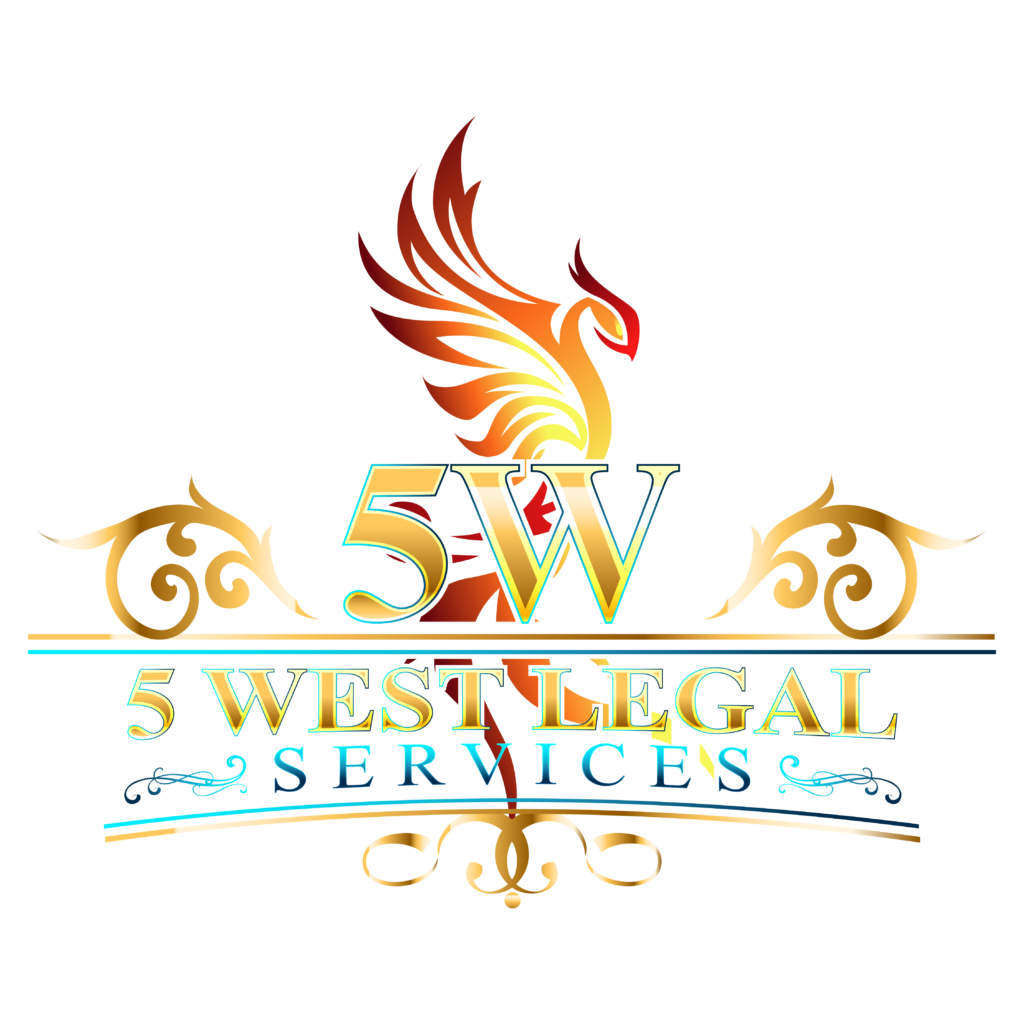The recent death of the CEO of QuadrigaCX, a major cryptocurrency exchange in Canada, demonstrates a basic, yet often-overlooked, tenet of effective estate planning:
In the event of your incapacity or death, if your heirs don’t know how to find or access your assets, those assets are as good as gone. Indeed, it’s as if those assets never existed at all.
While it might not be that big of a deal if the assets in question aren’t worth much money, in the case of QuadrigaCX’s owner Gerald Cotten, the lost assets were purportedly worth $145 million, representing the vast majority of the company’s crypto holdings.
The hefty sum effectively vanished after Cotten died without leaving instructions for how to access the digital currency’s security passcodes. The crypto holdings were owned by some 115,000 clients, who used the exchange to buy and store their digital coins.
An untimely death and a cold wallet
According to an affidavit filed in a Canadian court, Cotten, age 30, died suddenly of complications related to Crohn’s disease while traveling in India during December 2018. In January 2019, QuadrigaCX filed for bankruptcy to protect itself from creditors, including all of the customers with crypto stored in the company’s electronic vault.
Ironically, the digital assets were lost in part because Cotten followed a security practice designed to safeguard the funds. Most of the company’s cryptocurrency holdings were stored in a “cold wallet,” or one that isn’t connected to the Internet. The use of a cold wallet is a common practice, since “hot wallets,” or those connected to the internet, are a frequent target of hackers.
This typically would’ve been a prudent measure, but Cotten reportedly stored the cold wallet on an encrypted laptop that only he knew how to get into.
According to Cotten’s widow, Jennifer Roberston, following multiple searches, she has been unable to find the passwords that will open the laptop and provide access to the company’s cold wallet. QuadrigaCX even brought in IT experts to get into Cotten’s laptop, but so far, all attempts have been unsuccessful.
Canadian financial authorities and independent auditors are currently investigating the case, with some even speculating that Cotten’s death was faked as part of a nefarious scheme connected to QuadrigaCX. Whether it ultimately turns out to be a simple case of carelessness or something more malicious, the lesson remains the same:
From cryptocurrency to safety deposit boxes and everything in between, your family must know how to find and access every asset you own, otherwise it could be lost forever.
In fact, there’s a total of more than $58 billion of unclaimed assets from across the country held by the State Department of Unclaimed Property. Much of that massive sum got there because someone died, and their family didn’t know they owned the asset.
Incomplete estate planning
Another puzzling fact is that upon first glance, Cotten was diligent in his estate planning. Indeed, Cotten named Roberston as his estate’s executor and left her instructions for the complete distribution of his assets, including a private jet and multiple properties in Canada.
He even left behind $100,000 for the care of his two dogs—yet he managed to forget to include the passcodes that would unlock his company’s vast crypto assets. We believe that most people holding crypto assets haven’t taken the proper steps to ensure their heirs will know how to access these assets upon their incapacity or death.
Given this, if you own any digital currency like Bitcoin, be sure to call us to make certain these assets have been correctly included in your estate plan. Indeed, if you have any assets that might potentially be overlooked in the event of your incapacity or death, contact us now.
Easily avoidable
What makes this loss so tragic is that it could have been so easily avoided. Whether your estate is valued in millions or thousands, your plan must include a comprehensive inventory of all your assets. And as Cotten’s case shows, this inventory must also include detailed instructions for how your heirs can find and access every asset.
Disclaimer: The content provided on this website by 5 West Legal Services, PLLC, is for informational purposes only and is not intended to constitute legal advice. For personalized legal advice related to your specific situation, it is essential to consult with a qualified attorney. Please be aware that viewing this website, downloading content, using forms, tips, or information kits, or any other form of interaction with this site, does not create an attorney-client relationship. Such a relationship can only be established through a fully-executed, written agreement. Additionally, it’s important to note that client testimonials or endorsements found on this website do not guarantee or predict the outcome of your legal matters. We are committed to ensuring the accessibility of our website to individuals with disabilities and strive to provide an inclusive online experience. Thank you for visiting our website. Your use of this site indicates your acceptance of these terms.
